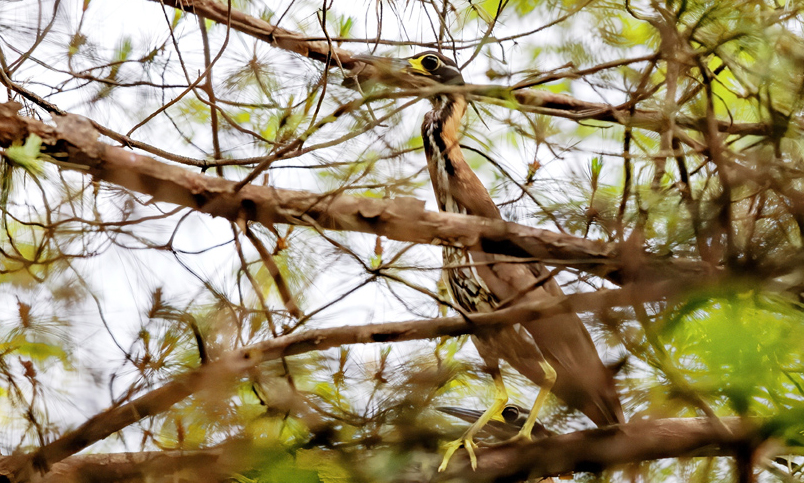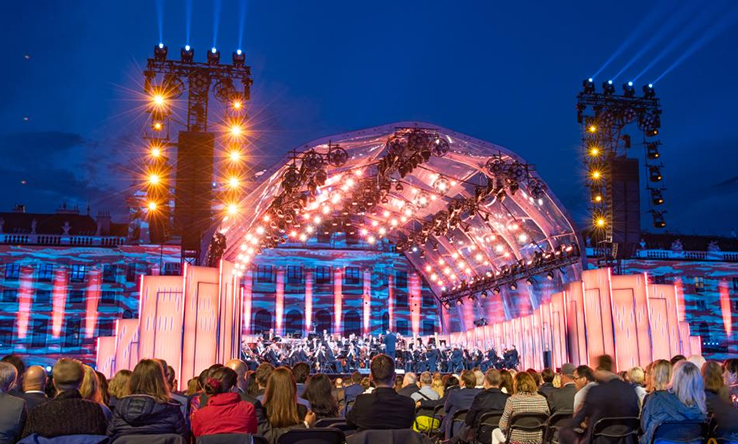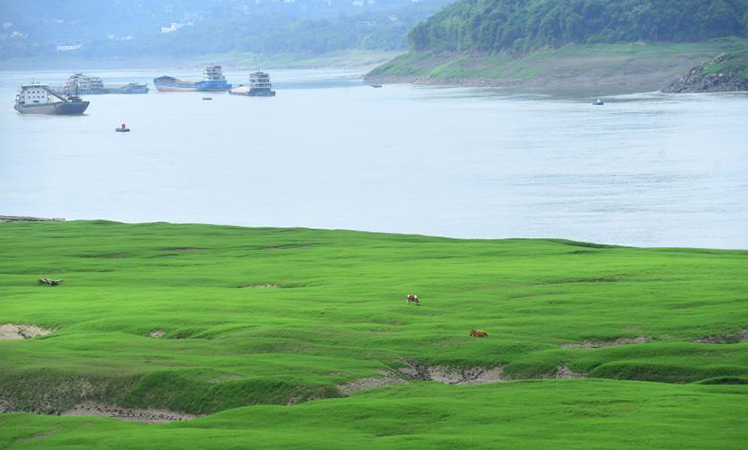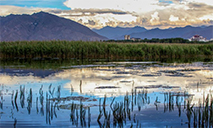Calendar for Chinese 24 Solar Terms: Summer Solstice
The Summer Solstice is the tenth of the twenty-four solar terms and the fourth solar term of summer. It begins when the northern hemisphere sees the longest day of sunlight during the year, but a day that is not yet the hottest.
During the Summer Solstice, southern China is in the plum rain season, when rainstorms occur more frequently.
Customs
Worship gods and ancestors
Since the Summer Solstice is when farmers harvest wheat, there has been a custom since ancient times of celebrating the harvest and making sacrifices to pray for a plentiful yield. Therefore, the Summer Solstice was listed as a festival of ancient worship. Today, some places will also hold a grand "Summer Wheat" event, a remnant of the ancient "Summer Festival".
Thinning and replenishing seedlings
When summer crops are sown, the amount of seedings will always exceed the number of seedlings needed, resulting in seedling crowding. To ensure sufficient growth space and nutrient area for seedlings, unnecessary crop seedlings should be removed, a process known as seedling thinning or seedling selection. In addition, if there is a shortage of seedlings, people replenish them at this time.
Diet
Eating noodles
As the Chinese saying goes, "dumplings on the Winter Solstice and noodles on the Summer Solstice." Eating noodles on the Summer Solstice is an important custom in many parts of China. Wheat is in season, so eating noodles on this day has the meaning of tasting new. For example, every Summer Solstice, Beijingers eat lettuce and cold noodles. People in Shandong eat cold noodles too, which is meant to remind everyone to be wary of getting heatstroke.
"Wheat zongzi" and "Summer Solstice cake"
In Jiangnan, people eat wheat dumplings, wontons and soup noodles. Some ancient books recorded: "Make wheat zongzi on the day of Summer Solstice, eat it together after the sacrifice." Zongzi are often also given as gifts. On the Summer Solstice, farmers will make pancakes, bake them, and then add green vegetables, tofu, bacon and other ingredients, which is known as a "Summer Solstice cake". People usually enjoy this dish or give it to others as a gift.
Ginger
Summer is dry and hot, so after Summer Solstice, people should eat certain foods to help clear heat and increase their appetite, as many people lose their appetite in the summer heat. There are traditional sayings such as, "eat ginger if you have a bad appetite", "turnip in winter and ginger in summer" and so on. All these sayings include the nutritional and medical benefits of ginger. Ginger is good for digestion and absorption of food, and can help keep you cool in the summer months.

Related:
Calendar for Chinese 24 Solar Terms: Grain in Ear
Calendar for Chinese 24 Solar Terms: Grain Buds
Calendar for Chinese 24 Solar Terms: Start of Summer
Calendar for Chinese 24 Solar Terms: Grain Rain
Calendar for Chinese 24 Solar Terms: Qingming
Calendar for Chinese 24 Solar Terms: Spring Equinox
Calendar for Chinese 24 Solar Terms: Awakening of Insects
Photos
Related Stories
Copyright © 2022 People's Daily Online. All Rights Reserved.









